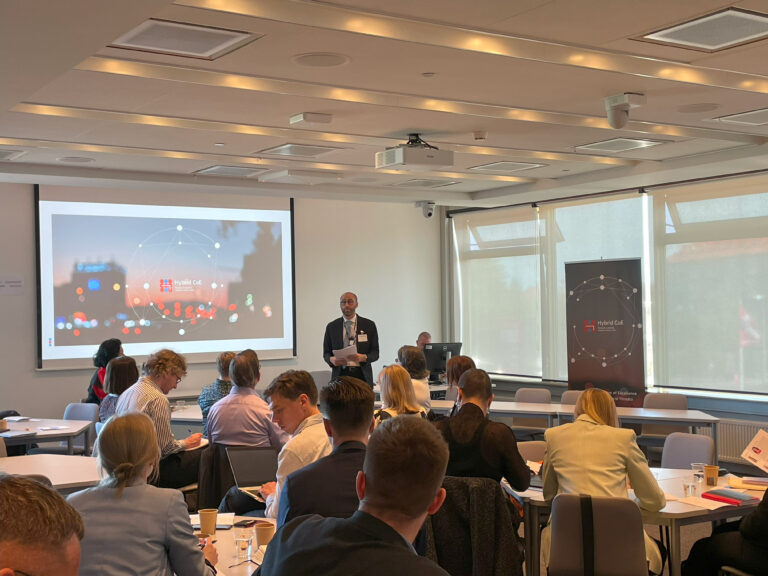
Economic security
News
Economic coercion in focus at conference and table-top exercise in Iceland
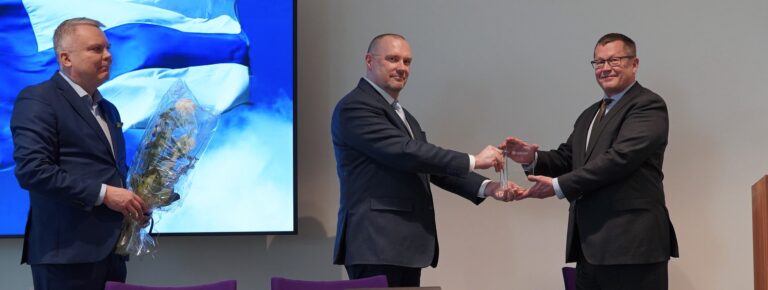
Organization (Hybrid CoE)
News
Jukka Savolainen receives Finnsecurity’s Security Award
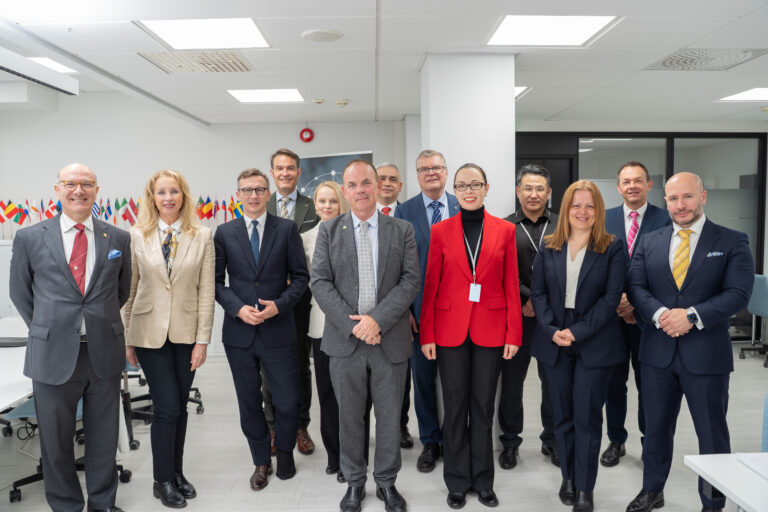
Cyber
News
Seventh Cyber Power Symposium explored the AI-driven future of hybrid threats
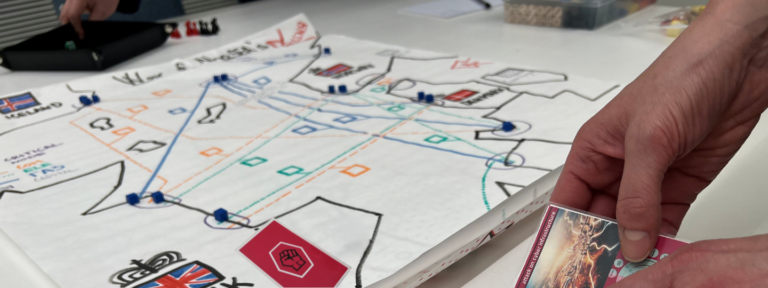
Hybrid warfare
News
JEF course sharpens understanding of hybrid threats among defence planners
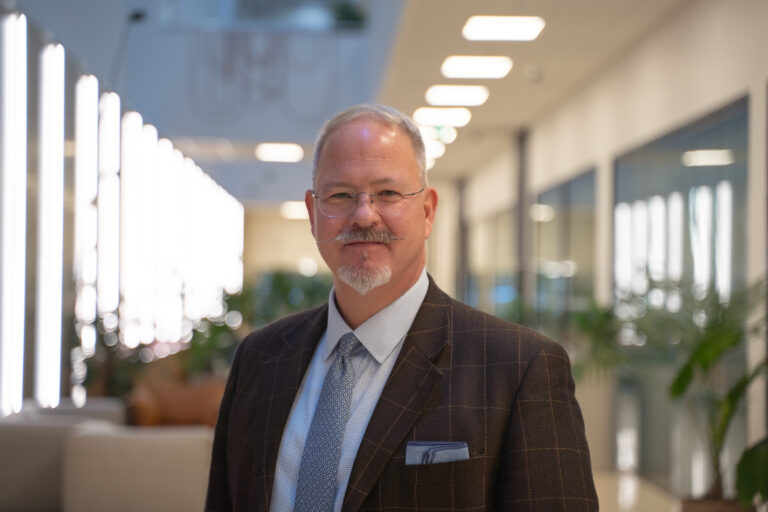
Organization (Hybrid CoE)
News
Konstantin Bellini starts as Director of Community of Interest on Strategy and Defence
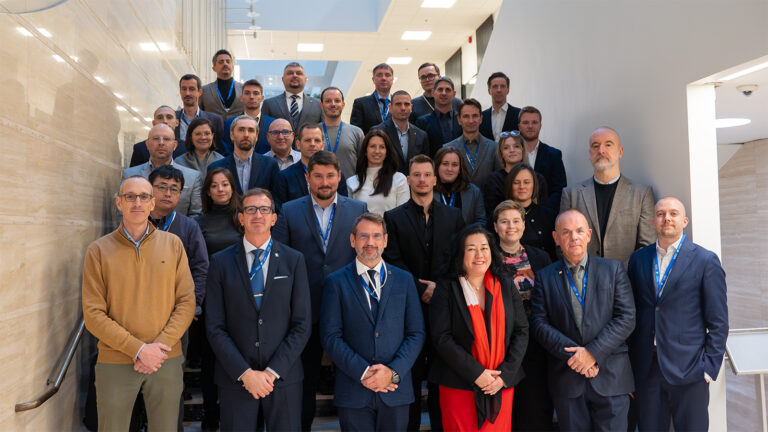
Cyber
News
Experts trained in Helsinki on the role of cyber in hybrid conflict
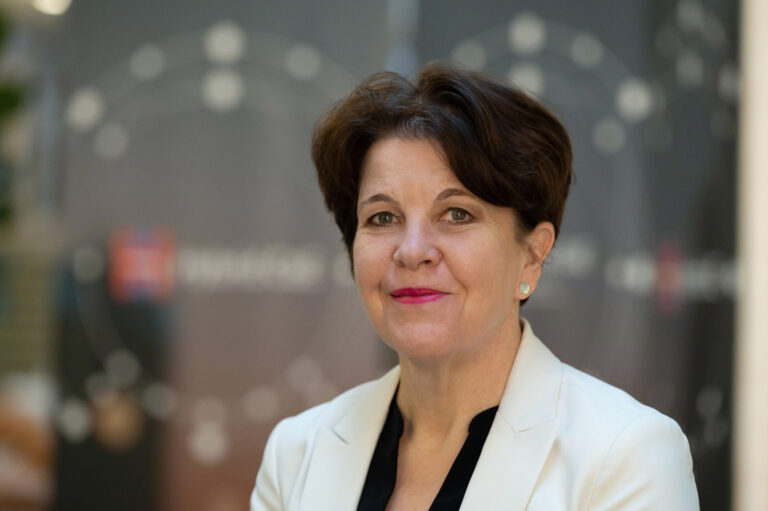
Organization (Hybrid CoE)
News
Teija Tiilikainen appointed Director of Hybrid CoE for a second term
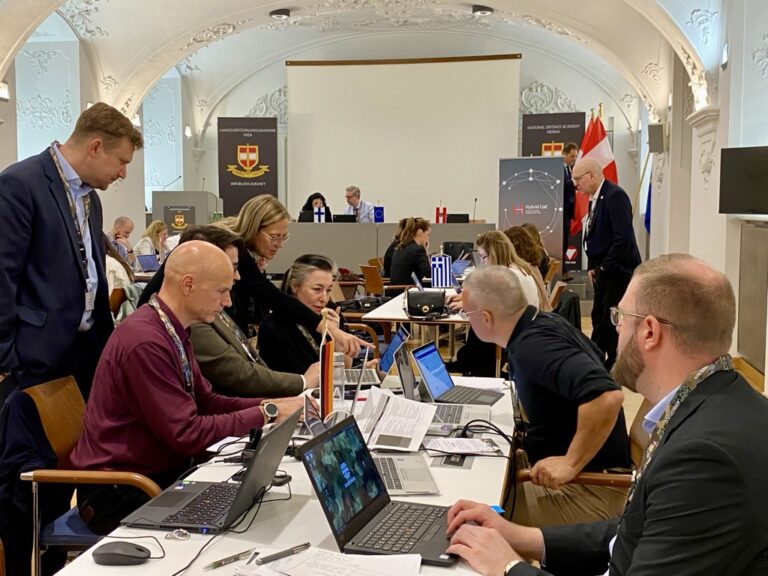
Disinformation
News
Western Balkans in focus at countering disinformation wargame and conference in Vienna
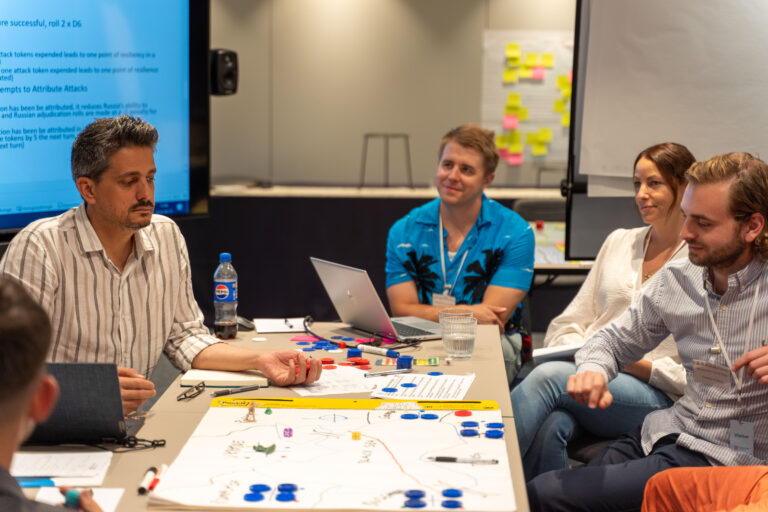
Resilience
News
Wargaming courses focus on resilience of critical infrastructure
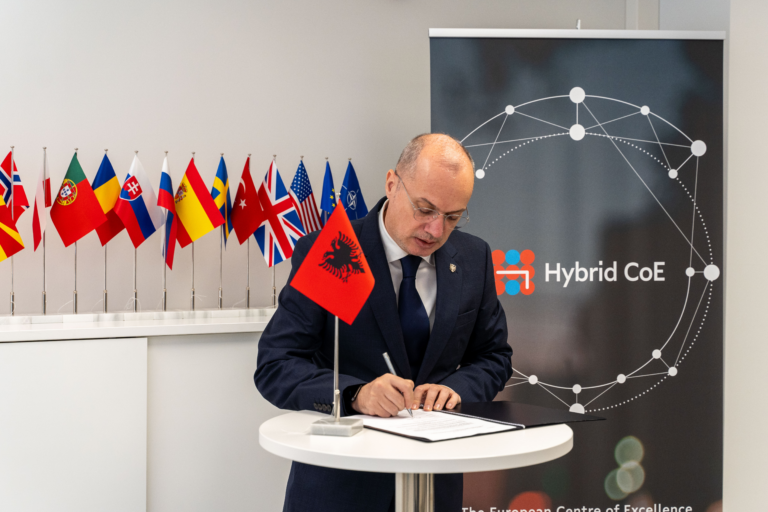
Organization (Hybrid CoE)
News
Albania joins Hybrid CoE – completing the participation of all EU and NATO countries
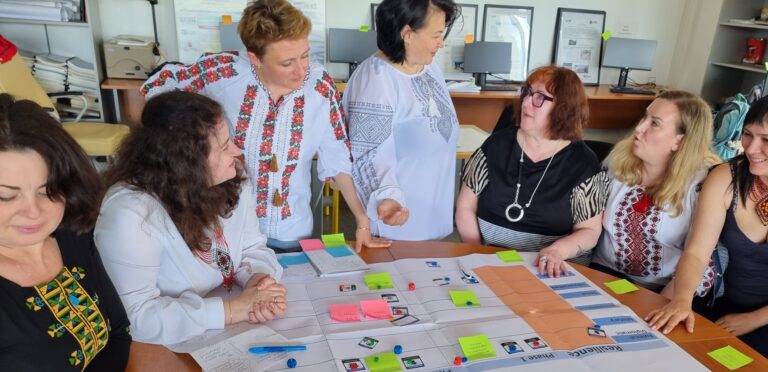
Eastern Partnership countries
News
Ukrainian professors trained on the use of game-based methods for countering hybrid threats
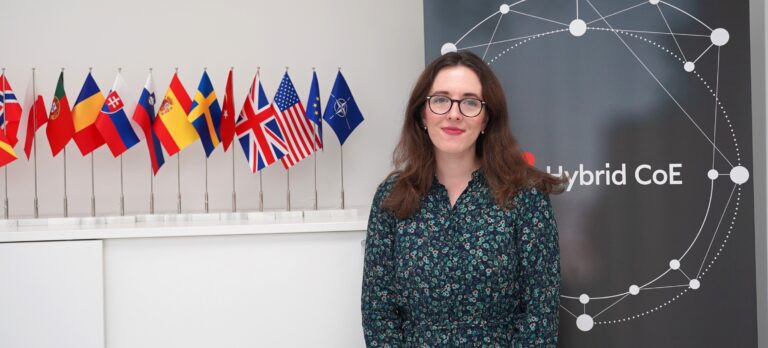
Organization (Hybrid CoE)
News
Martha Turnbull appointed Director of Community of Interest on Hybrid Influence
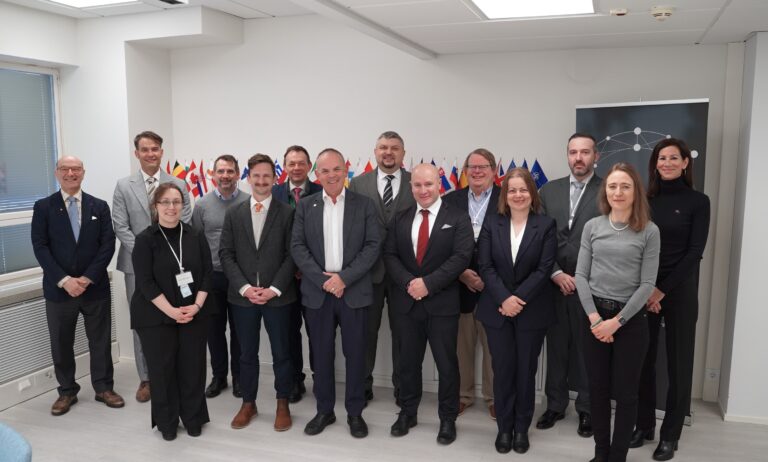
Cyber
News
The sixth Cyber Power Symposium discussed the use of cyber-related technologies, such as AI, to gain cognitive superiority

Election interference
News
Looking to secure elections? Strengthen cyber defences and provide information security training for citizens and politicians alike
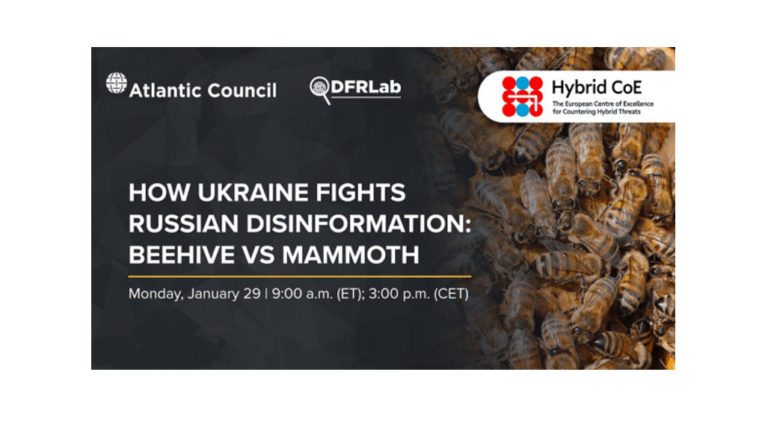
Disinformation
News
Invitation to Atlantic Council’s webinar on Ukraine’s fight against disinformation
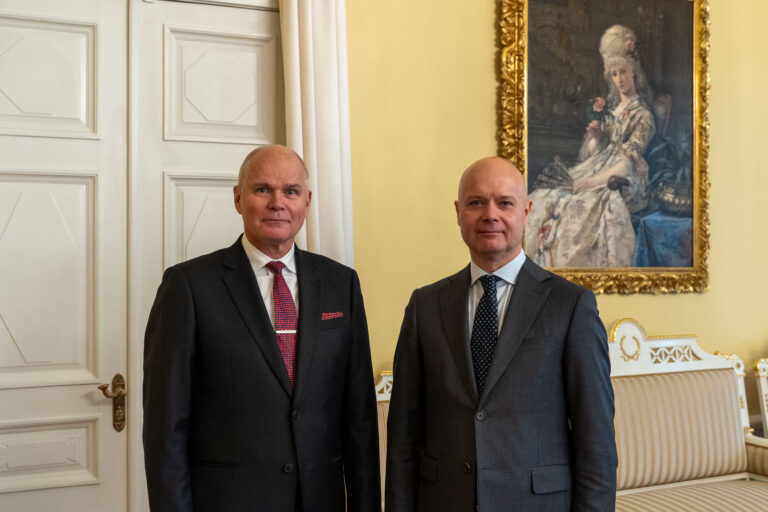
Organization (Hybrid CoE)
News


